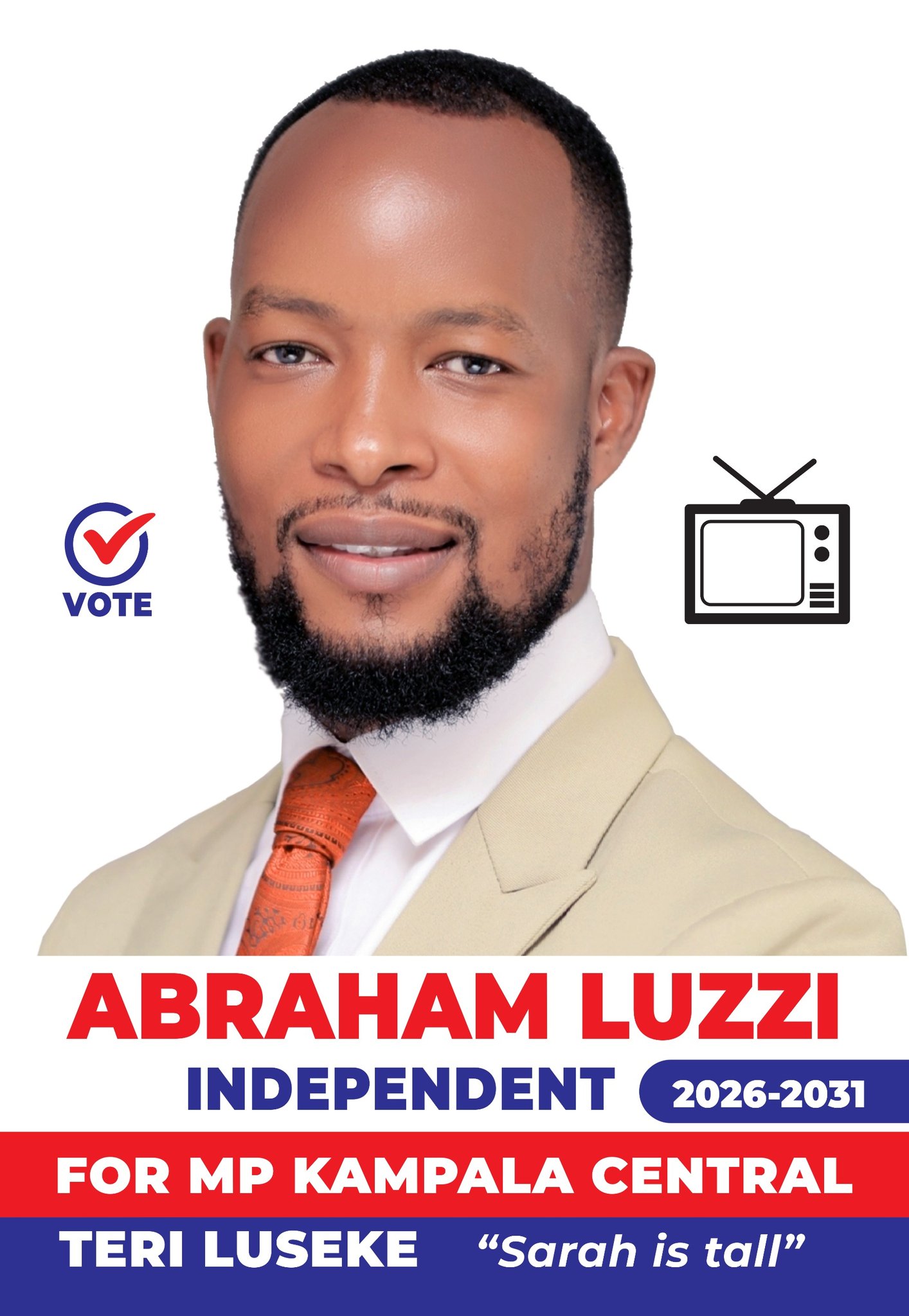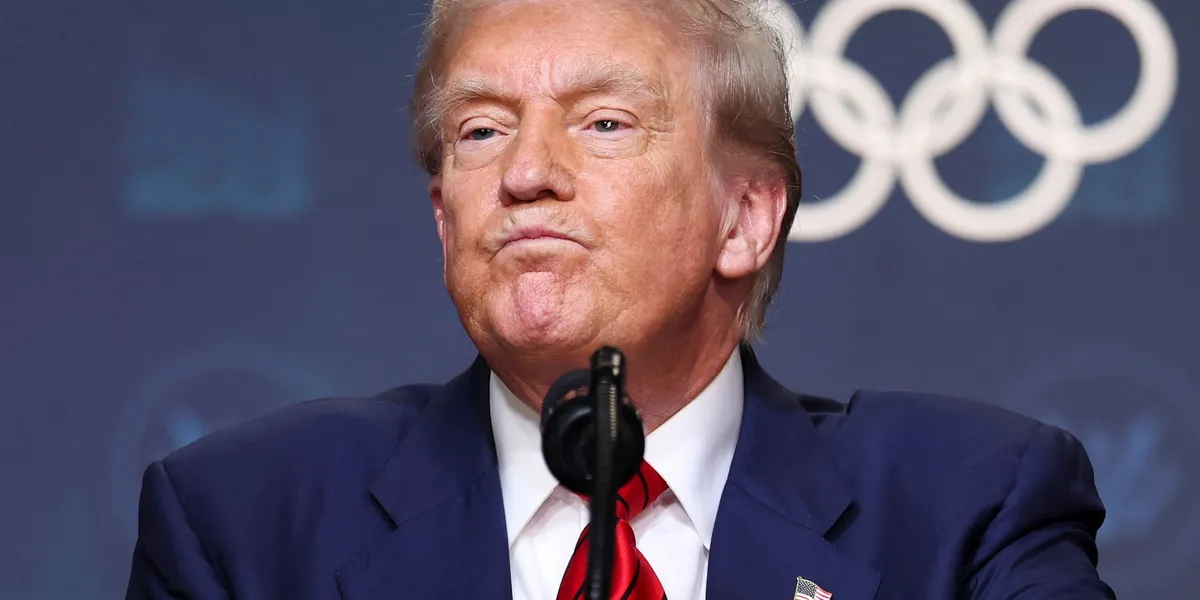Copyright watchdoguganda

In the ever-evolving theater of Ugandan politics, a seismic shift is underway. Tired of the scripted deceptions and empty promises that have long defined the opposition landscape, Ugandans are increasingly turning to Abraham Luzzi, the no-nonsense internet politician whose raw honesty is reshaping the discourse. Once hailed as the people’s champion, Bobi Wine—Robert Kyagulanyi—is now viewed by many as a flip-flopper, his “kiwani” (fake) politics exposed as little more than performative activism. As the 2026 elections loom, Luzzi’s free-spirited approach to debate and current affairs is crowning him the heir apparent to the opposition throne, signaling a public craving for authenticity over artifice. Bobi Wine burst onto the scene in 2017 as a breath of fresh air, a musician-turned-politician who channeled the frustrations of the youth through songs like “Freedom” and bold parliamentary stunts. His rise was meteoric: from Kyadondo East MP to National Unity Platform (NUP) leader, he positioned himself as the anti-Museveni force, rallying crowds with cries of “People Power.” Yet, cracks have appeared in this facade. Critics point to his inconsistent stances on key issues, such as his shifting rhetoric on alliances with other opposition figures. Initially dismissive of veteran leaders like Kizza Besigye, Bobi later sought their endorsement, only to sideline them within NUP. His “Uganda is bleeding” mantra, once a rallying cry against government excesses, now rings hollow to some, especially after recent events like the Lira hotel raid where his responses seemed more reactive than resolute. Even within his party, murmurs of disillusionment grow—accusations that he prioritizes personal branding over substantive policy, flipping from revolutionary firebrand to a leader who avoids tough intra-party debates. This perceived flip-flopping has bred widespread fatigue. Ugandans, battered by decades of political theater under the National Resistance Movement (NRM), expected Bobi to deliver unvarnished change. Instead, many see echoes of the same “kiwani” tactics: grand promises during campaigns that fizzle post-election, like the unfulfilled vows to overhaul education and healthcare in opposition strongholds. Social media, once Bobi’s playground, now amplifies these grievances. Posts decry his “protest vote” strategy as nonsense, arguing it alienates voters seeking tangible results rather than perpetual opposition. In a nation where trust in politicians is razor-thin, this inconsistency has eroded his base, particularly among urban youth who demand leaders unafraid to call out hypocrisies—even within their own ranks. Enter Abraham Luzzi, the entrepreneur and self-styled “Mr. Economy” whose unorthodox campaign for Kampala Central MP has captured hearts. Unlike Bobi’s polished persona, Luzzi thrives on spontaneity. His catchphrase, “Sarah is tall” (a loving nod to his wife), humanizes him, but it’s his brutal honesty that resonates. In viral debates, he dismantles sacred cows without apology, dismissing NUP’s slogans as empty and challenging the opposition’s victim narrative. “Uganda is not bleeding, you are bleeding alone,” he quipped at Bobi, a jab that went viral for its audacity. Luzzi’s free-spirited discourse—blending humor, economic insights, and street-smart realism—appeals to a populace weary of rehearsed speeches. As a businessman turned politician, he speaks to everyday struggles like inflation and unemployment, promising transformation without the baggage of party dogma. If elected to Parliament, Luzzi has outlined clear issues he intends to champion, emphasizing the true role of an MP as a legislator rather than an executive handout distributor. He vows not to mislead voters with impossible promises like building roads or attending weddings, instead focusing on crafting “pro-people” laws that enhance service delivery and accountability. Key among his priorities are reforms to curb wasteful expenditure in government, such as reducing MP salaries to just 3 million shillings monthly and requiring candidates to be self-sufficient—with personal assets like a 200 million shilling car, life insurance, a family home, and a stable business—to avoid burdening taxpayers. He advocates for leaders with proper education, financial stability, and medical insurance, arguing that only capable individuals can effectively represent Kampala. Luzzi also pushes for systemic changes across government arms to address corruption, improve infrastructure through policy, and ensure equal rights, including laws that hold leaders accountable to the same standards as citizens. His vision aligns with calls for downsizing bloated institutions and redirecting funds to health, education, and economic resilience. What makes Luzzi’s rise compelling is its grassroots authenticity. Social media platforms buzz with support for his “no-nonsense” style, with users praising how he resonates with urban masses through unfiltered truth-telling. Unlike Bobi, whose international tours sometimes feel detached from local realities, Luzzi stays grounded, debating current affairs on TikTok and YouTube with a candor that disarms critics. His strategy—unique, fearless, and devoid of pretense—mirrors what Ugandans crave: leaders who say what they mean, even if it ruffles feathers. Posts like “Luzzi doesn’t care whether he loses or not, and for that, we are voting him” capture this sentiment, highlighting a shift from charismatic showmanship to substantive engagement. Of course, Luzzi isn’t without flaws. His controversial takes and “clownish” antics draw ire from traditionalists who dismiss him as unserious. Yet, in a political arena rife with deception, his transparency is revolutionary. As Bobi’s star dims under the weight of perceived inconsistencies, Luzzi’s ascent signals a broader demand: end the kiwani era. Ugandans aren’t just voting for change; they’re crowning honesty as king. If this trend holds, 2026 could mark the dawn of a new opposition paradigm—one built on truth, not tricks. Do you have a story in your community or an opinion to share with us: Email us at editorial@watchdoguganda.com



